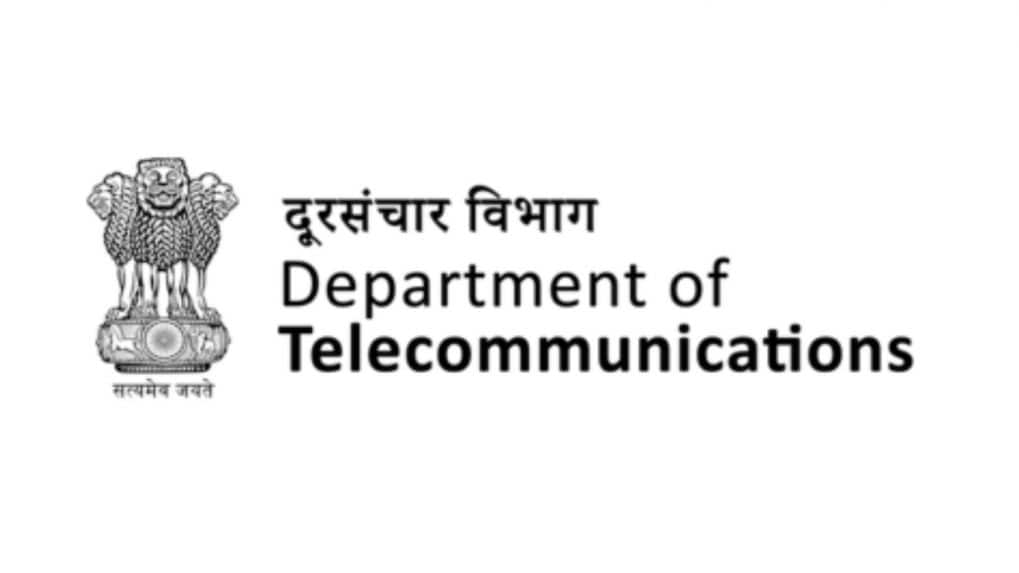Digital
Why OpenAI is hiring 100 ex-bankers: Inside the ChatGPT-maker's secret project to automate Wall Street's grunt work

India has witnessed a sharp surge in cybercrime complaints in recent years, underscoring the need for stronger digital security measures.
According to official data, the number of cybercrime complaints registered on the National Cyber Crime Reporting Platform (NCRP) has risen dramatically - from 10.29 lakh in 2022 to 22.68 lakh in 2024, marking an alarming 120% increase over two years.
Cybercrime falls under the purview of the Ministry of Home Affairs (MHA), which has taken several significant steps to address the issue.
The Indian Cyber Crime Coordination Centre (I4C), an MHA initiative, provides a robust ecosystem for Law Enforcement Agencies (LEAs) to combat various cyber threats. The NCRP portal (https://cybercrime.gov.in) enables citizens to report a wide range of cybercrime incidents including financial fraud, identity theft, and online harassment.
On the telecom front, the Department of Telecommunications (DoT) has undertaken measures to prevent the misuse of telecom infrastructure in cyber frauds. Central to this effort is ASTR, an indigenous AI and big data analytics tool designed to detect mobile connections procured under different names by the same individual.
Over 82 lakh such suspicious connections were identified and disconnected following reverification failures through ASTR.
Also Read: DoT unveils framework to regulate critical IoT, M2M services; issues clarity on 'critical services'
To further strengthen digital identity verification, the DoT has implemented a comprehensive KYC framework for issuing mobile connections.
Telecom operators are now required to conduct biometric registration and physical verification of their Points of Sale (PoS).
The guidelines also mandate online SIM card supply chain tracking and allow for strict penalties, including blacklisting of PoS across all Telecom Service Providers (TSPs), in cases of non-compliance.
In an added layer of security, the DoT has revised KYC procedures to include mandatory end-user verification for business connections and introduced stringent SIM swap/replacement protocols aimed at reducing identity fraud.
In a wide-ranging interview with Storyboard18, Sorrell delivers his frankest assessment yet of how the deal will redefine creativity, media, and talent across markets.